
Solar power is transforming how we energize our homes, and at the heart of every reliable solar system lies a critical component: the battery. A lithium battery for solar can make the difference between a system that thrives for years and one that leaves you scrambling during a blackout. But with so many options out there, how do you pick the right one? A poor choice could mean higher costs, frequent replacements, or even power shortages when you need it most. This guide is here to simplify the process, guiding you through everything you need to know to find the perfect lithium battery for your home solar system in 2025.
What Makes a Lithium Battery for Solar Special?
When it comes to storing solar energy, not all batteries are created equal. Compared to older lead-acid batteries, lithium-ion technology offers higher efficiency, a lifespan of 10-15 years, and a lightweight design that’s easier to install. In fact, lithium batteries store about 50% more energy per pound, making them a top choice for homeowners looking to maximize their solar energy storage.
One popular type you’ll encounter is the LiFePO4 (lithium iron phosphate) battery, prized for its safety and durability in solar applications. Unlike other options, a lithium battery for solar like this can handle thousands of charge cycles without losing performance. A key feature boosting its reliability is the Battery Management System (BMS), which protects the battery by regulating charge, preventing overheat, and balancing cells for consistent output—learn more about cutting-edge battery advancements from the International Energy Agency. So, what’s the one feature every solar battery should have? For many experts, it’s this blend of longevity, reliability, and smart management that makes it ideal for a solar home battery setup.
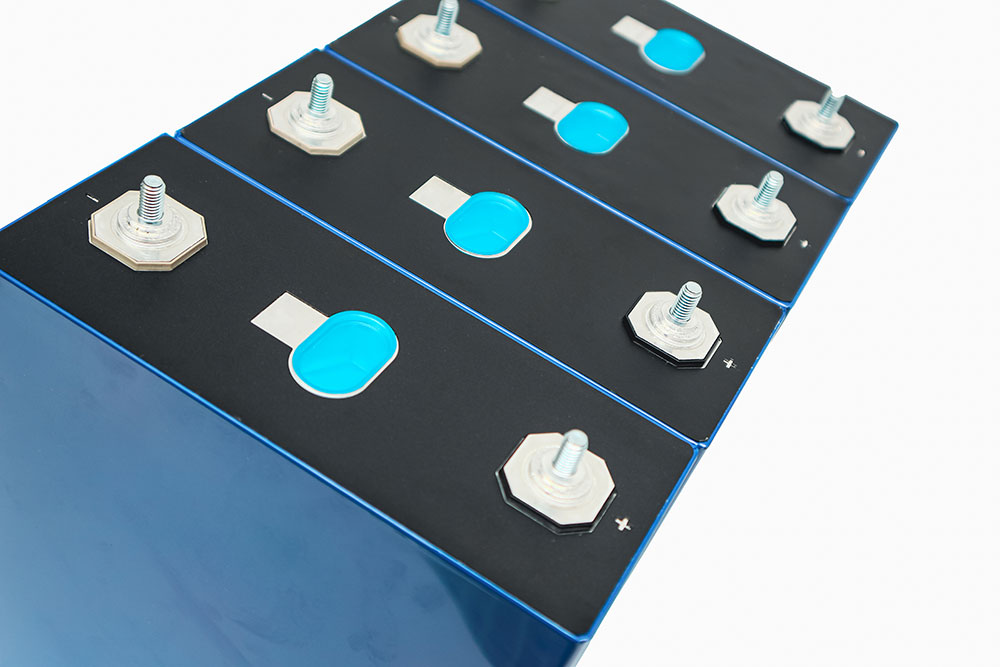
Five Key Factors to Pick the Perfect Lithium Battery for Solar
Choosing the right battery isn’t about guesswork—it’s about matching your needs to the right specs. Here are five factors to guide you toward the best lithium battery for your home solar system.
How Much Power Do You Need?
First things first: how much energy does your household use? A family averaging 20kWh daily might need a 10kWh lithium battery for solar to cover half a day’s backup power. Check your electric bill for your average usage, then think about what you’d need during an outage—essentials like lights and appliances, or everything including the AC? This step ensures your solar home battery backup won’t leave you in the dark.
Lifespan and Charge Cycles
Batteries wear out over time, but not at the same rate. A lithium battery with 8000 charge cycles could last over a decade, while one with 3000 might need replacing sooner. More cycles mean fewer headaches and better value long-term. Look for this spec—it’s a game-changer for durability.
Compatibility with Your Solar Setup
Your battery has to play nice with your solar panels and inverter. A lithium battery for solar should match your system’s voltage—say, 24V or 48V—and work seamlessly with your inverter. The BMS plays a big role here, ensuring the battery integrates safely by managing power flow and protecting against mismatches—check if it’s compatible with your setup’s specs. Double-check these details, or you might end up with a battery that can’t deliver power when it counts.
Size and Installation Needs
Space matters. A lithium battery for solar is typically 50% smaller than traditional options, a big plus if your garage or basement is tight on room. Consider where it’ll go and whether it needs ventilation or cooling—most lithium models are low-maintenance, but placement still affects performance.
Balancing Cost and Value
Upfront, a lithium battery for solar might cost between $5,000 and $10,000, depending on capacity. But here’s the payoff: it could save you $800 a year on electric bills by storing free solar energy. Factor in lifespan, savings, and even explore energy storage incentives available in your area via EnergySage to find the real value—sometimes spending more now means spending less later on solar energy storage.

Avoid These Mistakes When Choosing a Lithium Battery for Solar
Even with the best intentions, it’s easy to stumble. Here are three common pitfalls to dodge when picking your lithium battery for solar.
- Going for the Cheapest Option: A bargain battery might save you money today, but if it dies in three years—or worse, fails during a storm—it’s no deal. Quality matters more than the initial price tag.
- Overbuying Capacity: Bigger isn’t always better. A massive lithium battery sounds great until you realize half its capacity sits unused, wasting your investment. Match it to your needs, not your wishlist.
- Ignoring Battery Type: Not every lithium battery is the same. LiFePO4 offers better safety and longevity than some alternatives like NMC (nickel manganese cobalt). Picking the wrong type could compromise your solar home battery storage.
Surveys show 70% of solar users regret skimping on battery quality—don’t join that club. Have you made one of these mistakes before? Knowing what to avoid can save you time and money.
Real-World Impact
Meet John, a homeowner in Texas who switched to solar last year. He installed a 10kWh lithium battery for solar—specifically a LiFePO4 model with 6000 cycles. The result? He slashed his annual electric bill by $900 by storing daytime solar power for nighttime use. During a recent storm that knocked out power for 12 hours, his fridge and lights stayed on, thanks to his battery’s reliable backup.
The math checks out: with his local rate of $0.15 per kWh, John’s lithium battery for solar saves him about $547 yearly just on regular use (10kWh × $0.15 × 365 days). Add in peace of mind during outages, and it’s clear why this choice paid off. This could be your home with the right battery decision.
Take Action
Ready to make your pick? Here’s how to find the lithium battery for solar that fits your life:
- Assess Your Needs: Calculate your daily power usage and backup goals.
- Check Specs: Focus on capacity, cycles, and compatibility.
- Compare Options: Look at reputable brands and their warranties.
- Seek Advice: Talk to a solar expert if you’re unsure.
Want to simplify it further? Check out our high-performance lithium battery packs designed to power homes just like yours with reliable solar storage. Get our free checklist to streamline your search—because the right battery is closer than you think. Still have questions? Contact our solar experts for personalized advice. With over a decade in solar solutions, we’ve helped thousands of homeowners find their perfect solar home battery match.
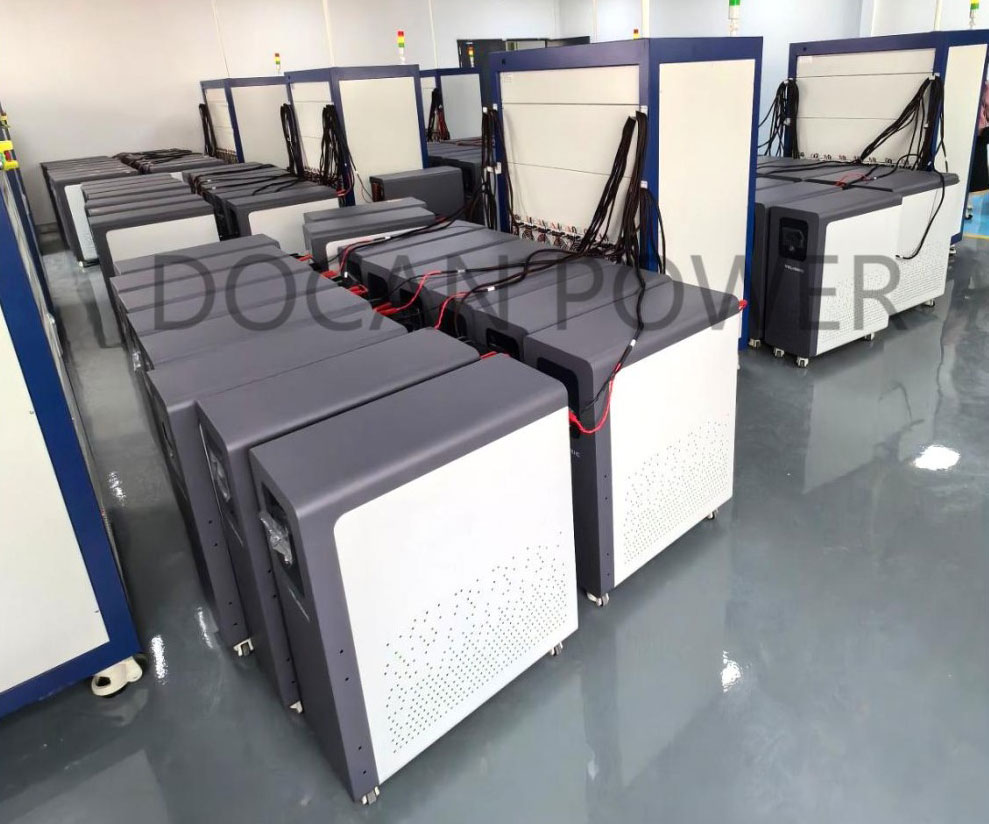
Conclusion: Power Up with Confidence
A lithium battery for solar isn’t just a purchase—it’s a step toward energy independence, lower bills, and peace of mind. Whether you’re dodging outages or cutting costs, the right choice sets you up for years of worry-free solar power. Take the first step today and enjoy a sustainable future powered by a smart decision. Your 2025 solar journey starts now.
FAQ
How long does a lithium battery last?
Most lithium batteries for solar, like LiFePO4 models, last 10-15 years, depending on usage and charge cycles. A battery with 6000 cycles could serve you daily for over a decade.
Can a lithium battery for solar power my whole house?
It depends on your energy needs and battery size. A 10kWh lithium battery might cover essentials (lights, fridge) for a day, but larger homes or heavy usage might need 20kWh or more.
How much maintenance does a lithium battery require?
Very little! Unlike older batteries, a LiFePO4 solar battery doesn’t need regular watering or heavy upkeep—just keep it in a cool, dry spot and check connections occasionally. For a complete guide, explore our LiFePO4 solar battery maintenance tips to ensure peak performance for years!
What does the BMS do in a lithium battery for solar?
The Battery Management System (BMS) is like the brain of your lithium battery. It protects against overcharging, overheating, and cell imbalance, ensuring safety and maximizing lifespan—essential for reliable solar energy storage.



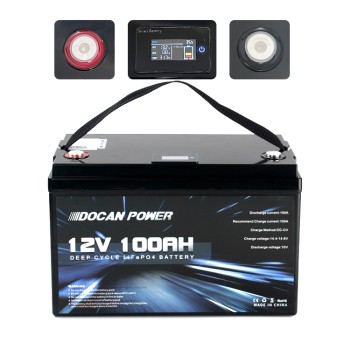
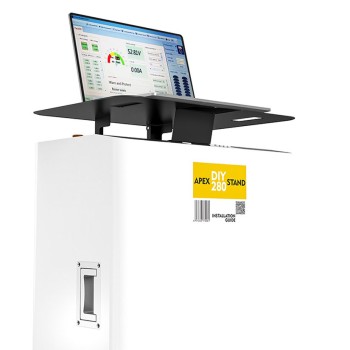
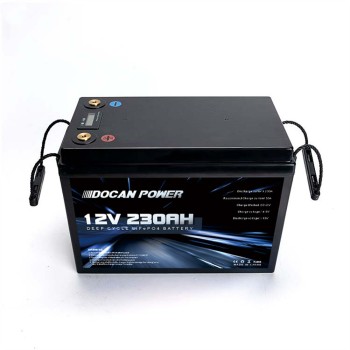
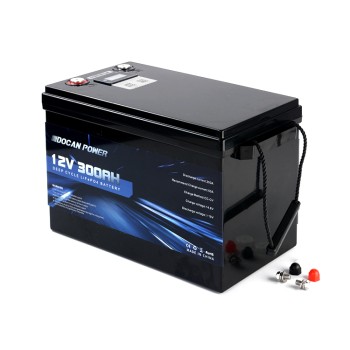
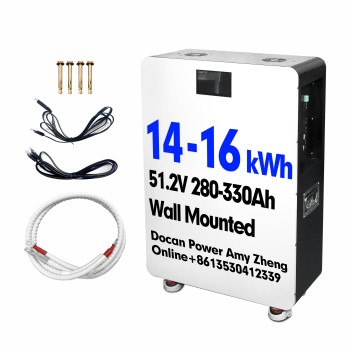
Leave a Comment